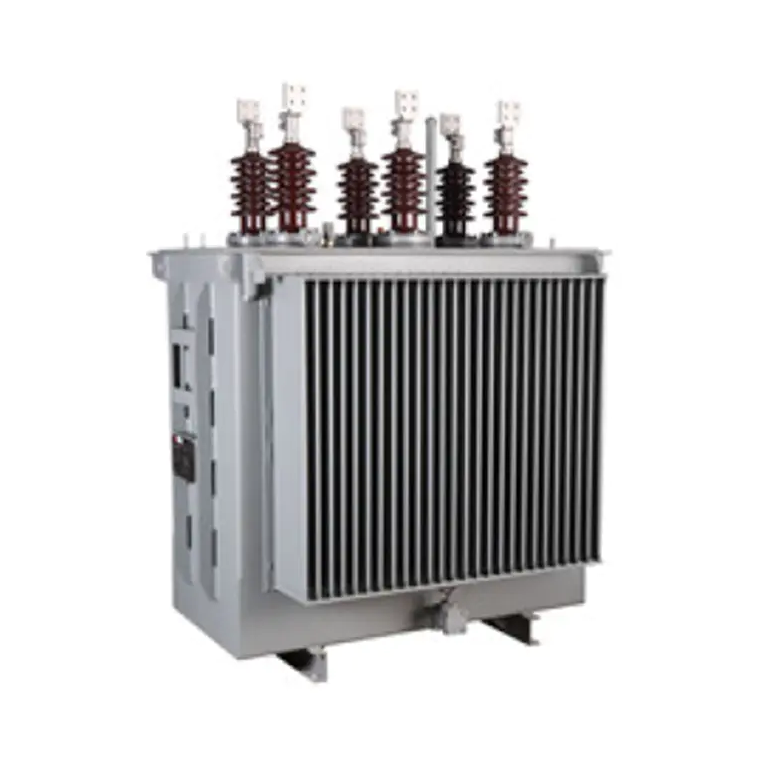How High Voltage Capacitor Unit Withstands High Voltage and Pulse Currents

Importance of Voltage and Current Ratings
High Voltage Capacitor Unit is a crucial component in power electronics, energy storage, and pulsed power systems. Its ability to withstand high voltage and surge currents is critical for safe and reliable operation. Understanding the voltage rating and pulse current capacity of a High Voltage Capacitor Unit ensures system stability, prevents failure, and prolongs the lifespan of both the capacitor and the overall system.
Voltage Withstand Capability
The voltage rating of a High Voltage Capacitor Unit defines the maximum continuous voltage the unit can safely handle without breakdown. Exceeding this voltage can cause dielectric failure, insulation breakdown, and catastrophic damage. Capacitor units designed for high-voltage applications often use reinforced dielectrics, precise manufacturing tolerances, and robust housings to maintain safe operation even under transient voltage spikes.
Surge and Pulse Current Performance
High Voltage Capacitor Unit must also endure short-duration high-current pulses, commonly seen in pulsed power and switching applications. The surge current capacity depends on factors such as equivalent series resistance (ESR), equivalent series inductance (ESL), and internal construction. Low ESR reduces energy loss, minimizes heating, and allows the capacitor to deliver high pulse currents efficiently without degradation.
Thermal and Mechanical Considerations
High-voltage and high-current operation generate thermal stress that can affect the integrity of a High Voltage Capacitor Unit. Dielectric materials must resist thermal breakdown, and internal connections must withstand mechanical stress caused by sudden current surges. Properly designed units include heat-resistant materials, reinforced terminals, and protective housings to maintain performance and prevent failure during extreme conditions.
Applications and Benefits
High Voltage Capacitor Unit with robust voltage and current capabilities is essential in industrial power supplies, pulsed lasers, energy storage, and high-voltage testing equipment. Reliable performance ensures stable operation, prevents system downtime, and enhances safety in high-energy applications. Using capacitors rated for appropriate voltage and pulse current levels reduces the risk of catastrophic failures and improves overall efficiency.
Operational and Maintenance Considerations
Monitoring voltage, current, and temperature conditions is vital for maintaining the integrity of a High Voltage Capacitor Unit. Installation according to manufacturer specifications and adherence to maximum ratings prevent over-stressing the unit. Periodic inspection and preventive maintenance further enhance reliability, ensuring consistent performance over the capacitor’s operational lifespan.
Ensuring Safe and Reliable High-Voltage Operation
High Voltage Capacitor Unit with high voltage withstand capability and strong surge current performance provides essential reliability in demanding applications. Proper design, material selection, and protective measures ensure safe, efficient, and long-lasting operation. Selecting capacitors rated for both voltage and pulse current requirements is key to achieving optimal system performance and operational safety.
Used in three-phase AC power systems with a frequency of 50Hz and voltage levels ranging from 6kV to 66kV. Its primary purpose is to provide capacitive reactive power compensation, thereby improving power factor, enhancing grid voltage quality, and reducing line losses. The product offers advantages such as easy installation, safe operation, and a small footprint, making it particularly suitable for installation in compact spaces.
- Art
- Causes
- Crafts
- Dance
- Drinks
- Film
- Fitness
- Food
- Spellen
- Gardening
- Health
- Home
- Literature
- Music
- Networking
- Other
- Party
- Religion
- Shopping
- Sports
- Theater
- Wellness


